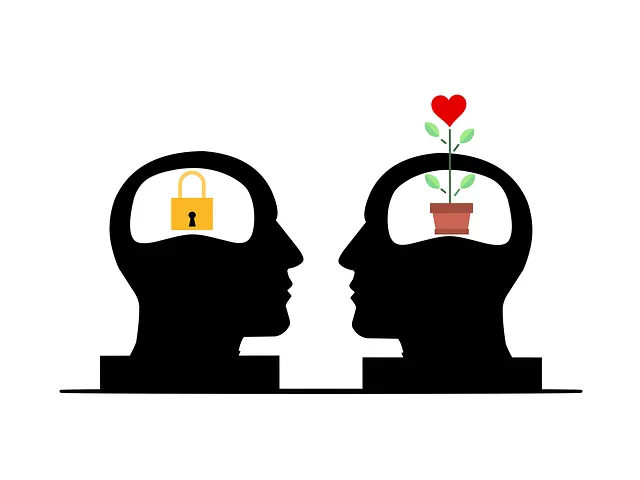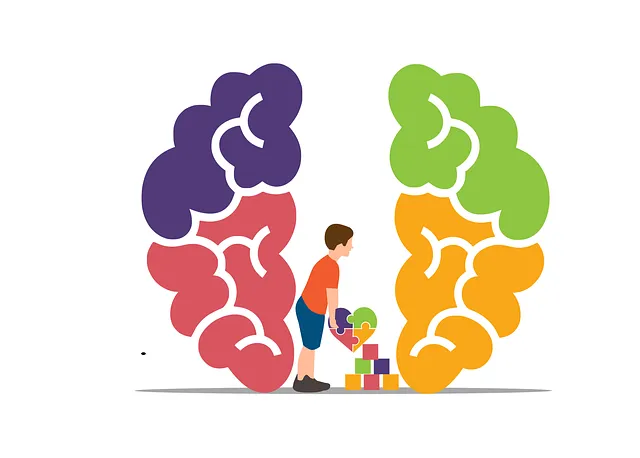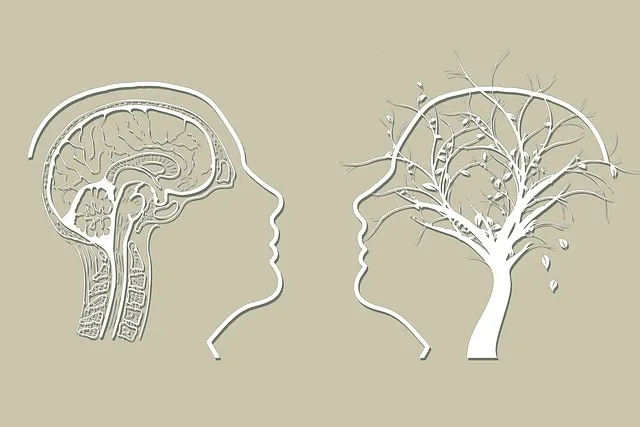Kaiser Permanente Golden prioritizes mental wellness through group facilitation in a safe, inclusive environment, enabling participants to share experiences and build peer support networks. Their comprehensive mental health services, integrated into overall healthcare, are culturally competent and tailored to diverse populations' unique needs. Trained facilitators use open-ended questions, interactive activities, and structured discussions to enhance emotional intelligence, stress management, and resilience-building exercises. Regular check-ins, open communication, and active participation foster emotional healing, promoting positive mental health outcomes and a sense of belonging in Golden.
Mental wellness group facilitation is a powerful tool for fostering community and supporting individuals’ well-being. This article explores effective techniques and strategies for facilitators, drawing insights from industry leaders like Kaiser Permanente, known for its comprehensive approach to mental health services. We delve into understanding group dynamics, measuring success, and the unique benefits of collective support. Discover how these methods enhance mental wellness, with a focus on engaging practices that cater to diverse needs, all while considering the golden standard set by organizations like Kaiser Permanente.
- Understanding Mental Wellness Group Facilitation
- Kaiser Permanente's Approach to Mental Health Services
- Effective Techniques for Group Facilitators
- Measuring Success and Support in Mental Wellness Groups
Understanding Mental Wellness Group Facilitation

Mental wellness group facilitation is a specialized skill that plays a pivotal role in supporting individuals navigating mental health challenges. It involves creating a safe and inclusive environment where participants can openly discuss their experiences, share strategies for coping, and build supportive connections with peers. This approach is increasingly recognized as an effective way to deliver mental health services, fostering community among those dealing with similar issues.
At Kaiser Permanente Golden, we understand the value of group facilitation in promoting mental wellness. Our Mental Health Education Programs Design focuses on empowering individuals through knowledge and skill-building workshops, while our recent Mental Wellness Podcast Series Production has engaged listeners with compelling stories and expert insights. These initiatives reflect our commitment to providing accessible and impactful mental health support, mirroring the principles of effective group facilitation techniques.
Kaiser Permanente's Approach to Mental Health Services

Kaiser Permanente, a leading healthcare provider, recognizes the importance of mental wellness and offers a comprehensive range of services to its members. The organization’s approach to mental health is integrated into their overall healthcare model, ensuring accessibility and continuity of care. With a focus on community-based care, Kaiser Permanente provides various resources, including therapy sessions, support groups, and online tools, all tailored to individual needs. Their mental health services are designed to be inclusive and culturally competent, addressing the unique challenges faced by diverse populations.
The healthcare provider offers specialized training, such as Cultural Competency Training, to equip their professionals with the skills to deliver effective care. Additionally, they emphasize risk assessment as a crucial step in identifying and managing mental health concerns. By combining evidence-based practices and innovative approaches, Kaiser Permanente strives to enhance patient outcomes and promote overall well-being. Conflict resolution techniques are also integral to their training, ensuring that professionals can handle sensitive situations with empathy and proficiency.
Effective Techniques for Group Facilitators

Group facilitation plays a pivotal role in enhancing mental wellness, especially within healthcare settings like Kaiser Permanente, where access to mental health services is a cornerstone of comprehensive care. Effective facilitators employ diverse techniques tailored to foster inclusive environments. One such technique is encouraging active participation through open-ended questions and interactive activities, ensuring every member feels heard and valued. This approach not only promotes cultural competency training but also strengthens the bond within the group, creating a safe space for vulnerable conversations.
Additionally, facilitators can incorporate strategies from Mental Health Education Programs Design to combat burnout prevention among participants. By integrating structured discussions on stress management, coping mechanisms, and resilience-building exercises, groups can become powerful support systems. These techniques, when implemented by trained healthcare providers, enrich the overall mental health experience, reflecting the growing emphasis on holistic care in organizations like Kaiser Permanente.
Measuring Success and Support in Mental Wellness Groups

Measuring success and providing support within mental wellness groups is a delicate balance. Facilitators play a vital role in gauging progress by observing participants’ emotional intelligence, emotional regulation, and overall engagement. In the context of Kaiser Permanente’s comprehensive mental health services offered in Golden, facilitators can assess success through self-reported improvements in anxiety relief alongside structural changes in group dynamics. Regular check-ins, both formal and informal, allow for continuous evaluation of each member’s well-being, ensuring that support is tailored to individual needs.
Group cohesion and a sense of belonging are key indicators of successful mental wellness programs. Facilitators should encourage open communication, active participation, and peer-to-peer support to foster an environment conducive to emotional healing. By integrating these strategies, mental wellness groups can effectively promote positive outcomes, enhancing the overall mental health and resilience of participants in Golden and beyond.
Mental wellness group facilitation plays a pivotal role in fostering community and enhancing individual well-being. As demonstrated by Kaiser Permanente’s successful approach in the Golden region, combining evidence-based techniques with a supportive environment can significantly improve mental health outcomes. By understanding the unique dynamics of group settings, facilitators can create safe spaces that encourage open dialogue, promote healing, and empower participants to navigate life’s challenges. Continuous evaluation and adaptation, as discussed in this article, are essential to ensuring these groups remain effective and impactful.






